As the world continually moves towards more sustainable energy solutions, electric vehicles (EVs) have become more and more popular. However, owning an EV requires access to charging stations, which aren't as readily available as gas stations. One solution to this problem is installing an EV charger at home. Here are some things to consider before having an electrician install an EV charger at your residence.
Choosing the Right Charger
There are three levels of charging for EVs, with Level 1 charging being the slowest and Level 3 being the fastest. Level 1 charging uses a standard 120-volt household outlet and can take anywhere from 8 to 20 hours to charge a vehicle fully. Level 2 charging uses a 240-volt electrical circuit, like what you would use for a dryer, and takes about 4 to 8 hours to fully charge a vehicle. Level 3 charging, also known as DC fast charging, can charge a vehicle up to 80% in 30 minutes or less.
If you only need to charge your EV overnight and have a short commute, Level 1 charging may be suitable for you. However, if you need to charge your vehicle quickly or have a long commute, Level 2 or Level 3 charging may be the way to go. Keep in mind that Level 3 charging can be costly to install and may not be necessary for every EV owner.
Location of the Charger
You'll need to consider the location of the charger when having it installed. Ideally, the charger should be placed near where your vehicle will be parked. If you have multiple drivers or multiple EVs, you may need to install multiple chargers to accommodate everyone. Keep in mind that the charger needs to be installed in a secure location and should be protected from the elements.
Electrical Panel and Capacity
The electrical panel in your home is what controls the amount of electricity flowing to your house. Before installing an EV charger, an electrician will need to determine if your electrical panel has the capacity to handle the additional energy needed for charging. If your electrical panel doesn't have enough capacity, you may need to upgrade your electrical service.
Costs of Installation
The cost of installing an EV charger at home varies depending on the type of charger, your location, and the cost of electrical work in your area. On average, expect to pay between $500 and $2,000 for installation. Keep in mind that some states offer tax incentives or rebates for installing an EV charger, which can offset some of the installation costs.
Hiring a Certified Electrician
When having an EV charger installed, it's essential to hire a certified electrician to do the work. EV chargers require a dedicated circuit and specific wiring, which can be dangerous if not done correctly. Hiring a certified electrician ensures that the job is done safely and up to code.
Conclusion
Having an EV charger installed at home can be a convenient and cost-effective way to charge your electric vehicle. However, it's essential to consider the type of charger, the location, the electrical panel and capacity, installation costs, and hiring a certified electrician before having one installed. By carefully weighing these factors, you can make an informed decision and enjoy the benefits of owning an electric vehicle.

Choosing the Right Charger
There are three levels of charging for EVs, with Level 1 charging being the slowest and Level 3 being the fastest. Level 1 charging uses a standard 120-volt household outlet and can take anywhere from 8 to 20 hours to charge a vehicle fully. Level 2 charging uses a 240-volt electrical circuit, like what you would use for a dryer, and takes about 4 to 8 hours to fully charge a vehicle. Level 3 charging, also known as DC fast charging, can charge a vehicle up to 80% in 30 minutes or less.
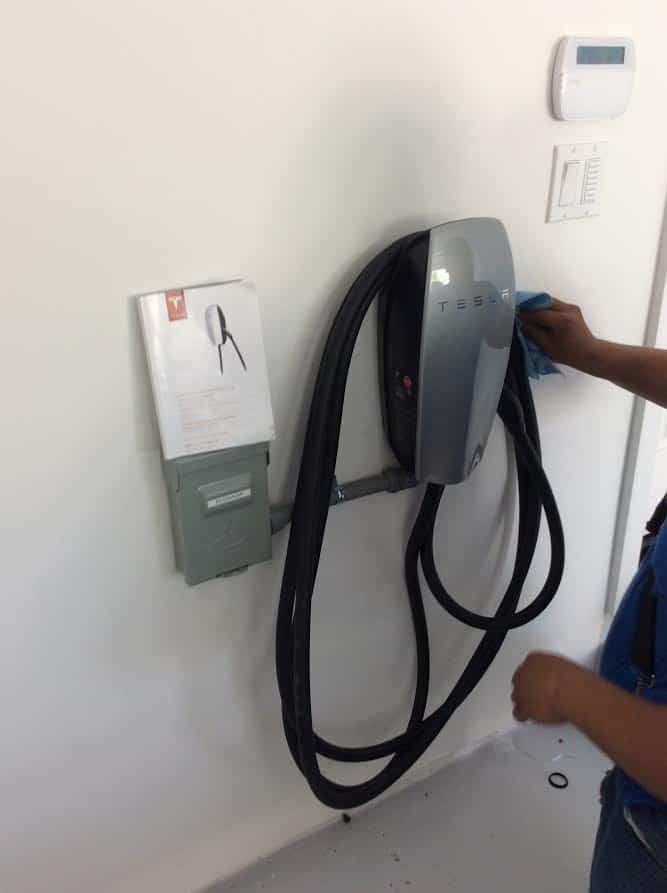
Location of the Charger
You'll need to consider the location of the charger when having it installed. Ideally, the charger should be placed near where your vehicle will be parked. If you have multiple drivers or multiple EVs, you may need to install multiple chargers to accommodate everyone. Keep in mind that the charger needs to be installed in a secure location and should be protected from the elements.

Electrical Panel and Capacity
The electrical panel in your home is what controls the amount of electricity flowing to your house. Before installing an EV charger, an electrician will need to determine if your electrical panel has the capacity to handle the additional energy needed for charging. If your electrical panel doesn't have enough capacity, you may need to upgrade your electrical service.
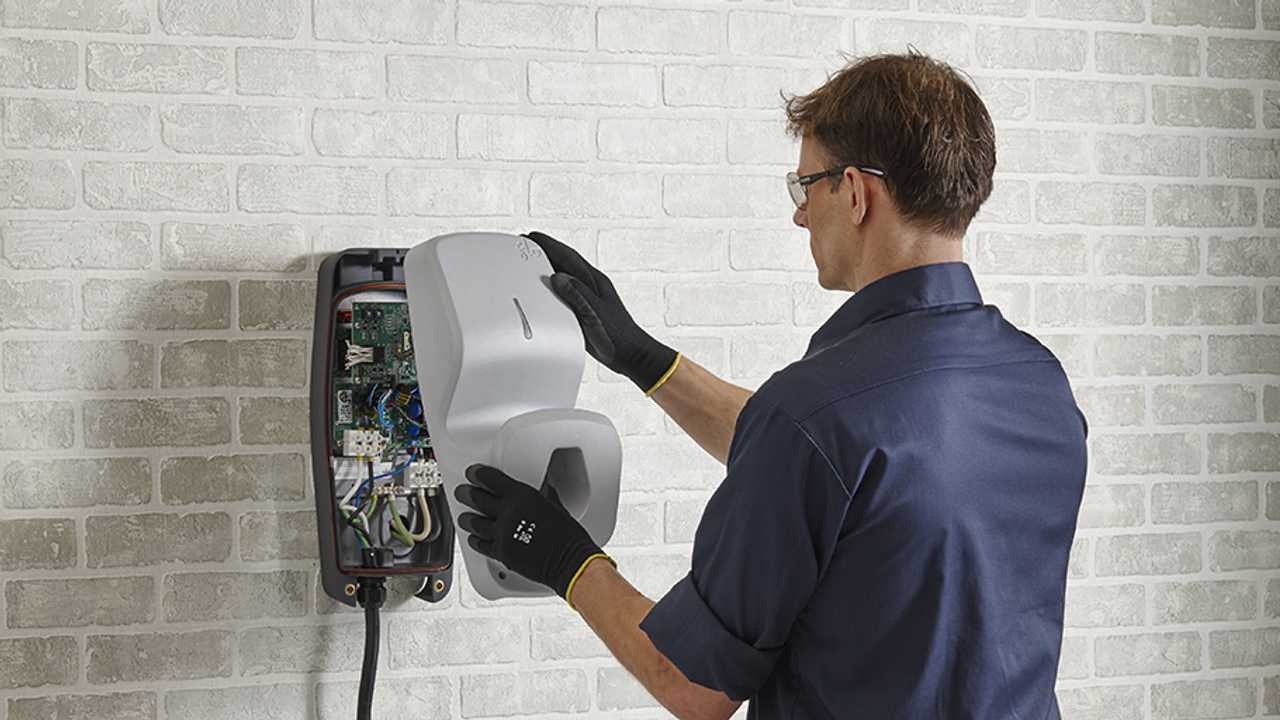
Costs of Installation
The cost of installing an EV charger at home varies depending on the type of charger, your location, and the cost of electrical work in your area. On average, expect to pay between $500 and $2,000 for installation. Keep in mind that some states offer tax incentives or rebates for installing an EV charger, which can offset some of the installation costs.

Hiring a Certified Electrician
When having an EV charger installed, it's essential to hire a certified electrician to do the work. EV chargers require a dedicated circuit and specific wiring, which can be dangerous if not done correctly. Hiring a certified electrician ensures that the job is done safely and up to code.
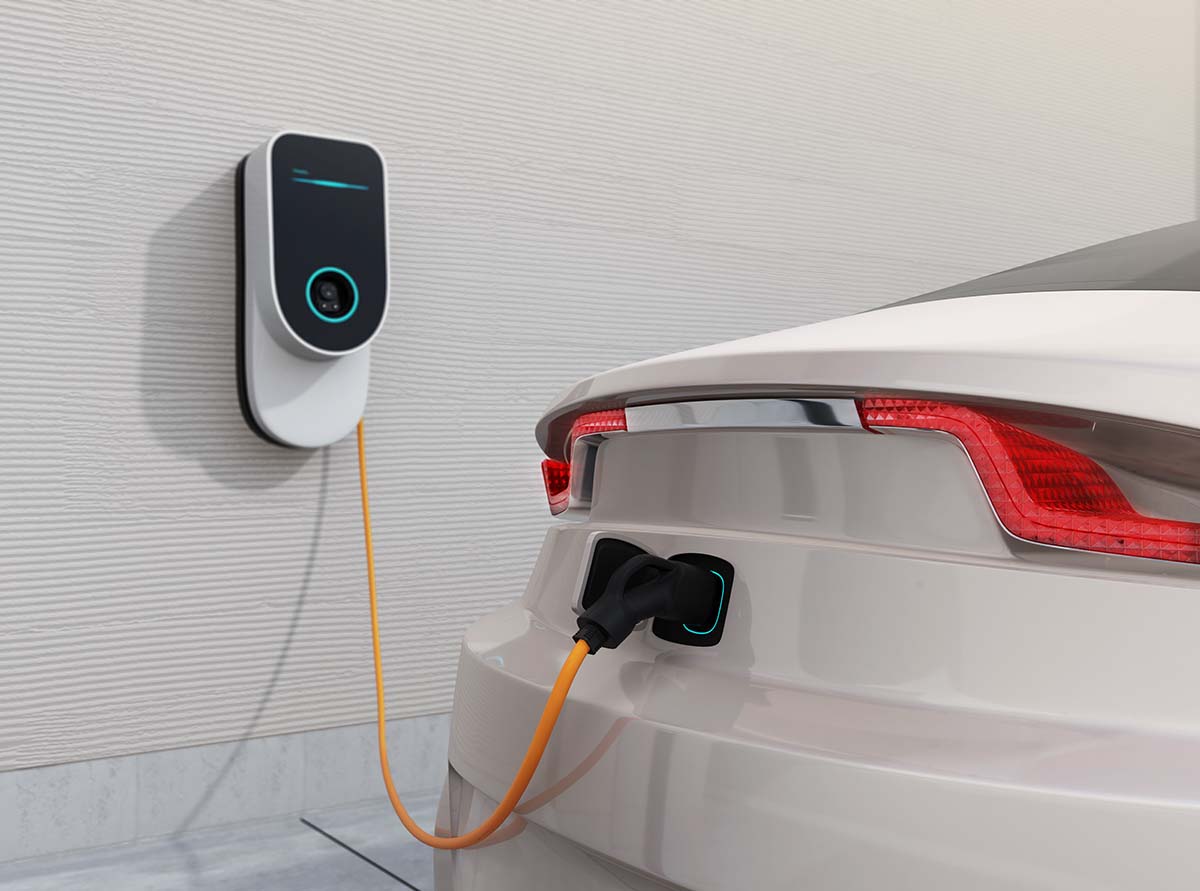
Conclusion
Having an EV charger installed at home can be a convenient and cost-effective way to charge your electric vehicle. However, it's essential to consider the type of charger, the location, the electrical panel and capacity, installation costs, and hiring a certified electrician before having one installed. By carefully weighing these factors, you can make an informed decision and enjoy the benefits of owning an electric vehicle.
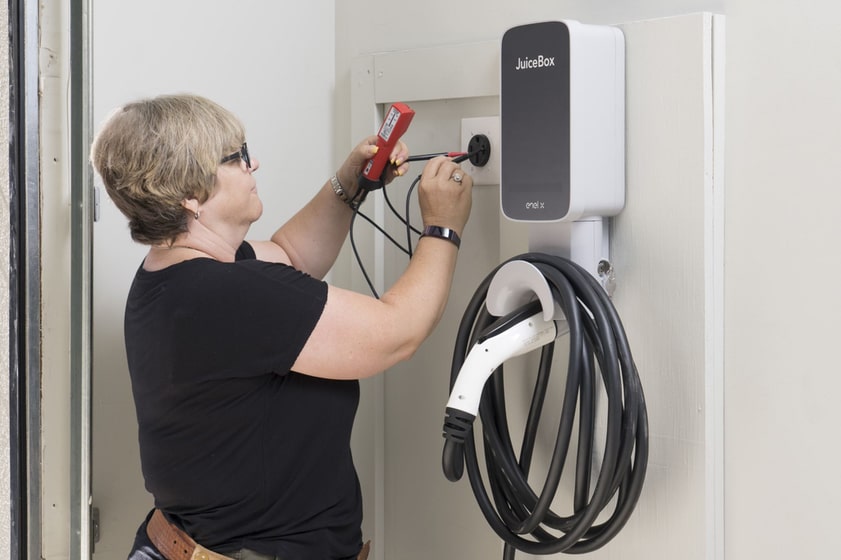
In conclusion, installing an EV charger at home can simplify your life, save you time, and add to your home's value. However, it's important to consider all the factors before installation, including the type of charger to use, the location, the electrical capacity, and the costs involved. By planning well and hiring a certified electrician to do the work, you can get the most from your new EV charging system and benefit from its many advantages.
If you are searching about EV Charger Installation | Price, Time To Install & Charging Time you've came to the right page. We have 8 Pictures about EV Charger Installation | Price, Time To Install & Charging Time like 2021 Cost to Install a Level 2 EV Charger at Home | Express Electrical, Loop EV-Flex Charger Basic Installation - SunnyCal Solar Inc. and also How To Install An EV Charger - Los Angeles Electrcian's Advice. Read more:
EV Charger Installation | Price, Time To Install & Charging Time
 calderelectricalservices.co.uk
calderelectricalservices.co.uk ev charger installation take involved prices does long
How To Install An EV Charger - Los Angeles Electrcian's Advice
 www.theelectricconnection.com
www.theelectricconnection.com charger ev install hopkins kim updated april posted
Key Considerations When Installing An EV Charger
 blog.wallbox.com
blog.wallbox.com wallbox electrician ladestationen installer condominiums vehicle
2021 Cost To Install A Level 2 EV Charger At Home | Express Electrical
 expresselectricalservices.com
expresselectricalservices.com ev
4 Things To Consider When Installing Your EV Charger - New
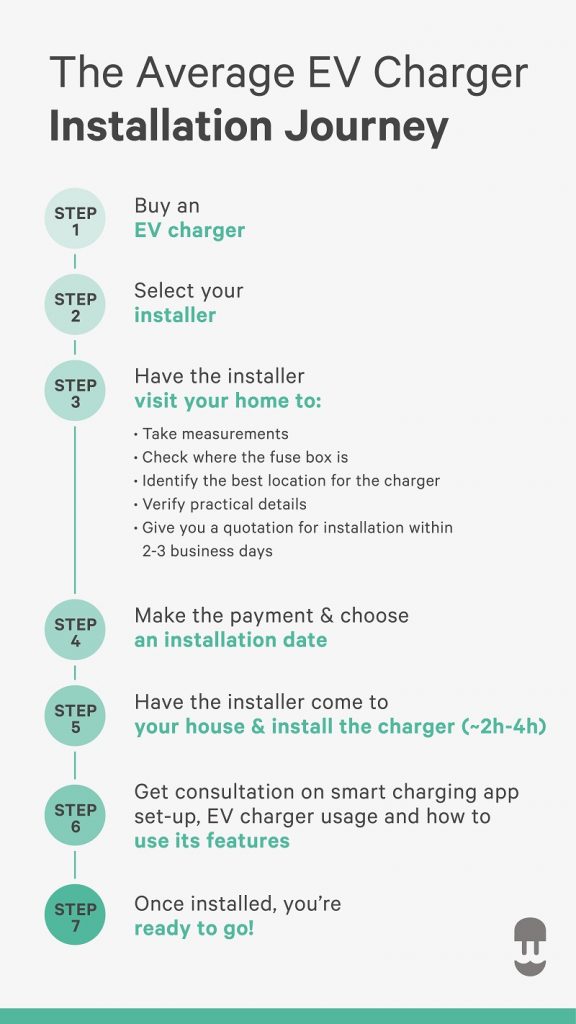 blog.wallbox.com
blog.wallbox.com ev installation charger consider when installing charging station things wallbox choosing factors important services
How To Install An EV Charger At Home | Enel X
 evcharging.enelx.com
evcharging.enelx.com ev
Loop EV-Flex Charger Basic Installation - SunnyCal Solar Inc.
 sunnycalsolar.com
sunnycalsolar.com installing evse flo
4 Things To Consider When Installing Your EV Charger - New
 blog.wallbox.com
blog.wallbox.com ev charger installing consider things when look installers expertise specific wallbox
4 things to consider when installing your ev charger. Ev charger installation take involved prices does long. Wallbox electrician ladestationen installer condominiums vehicle
0 Comments